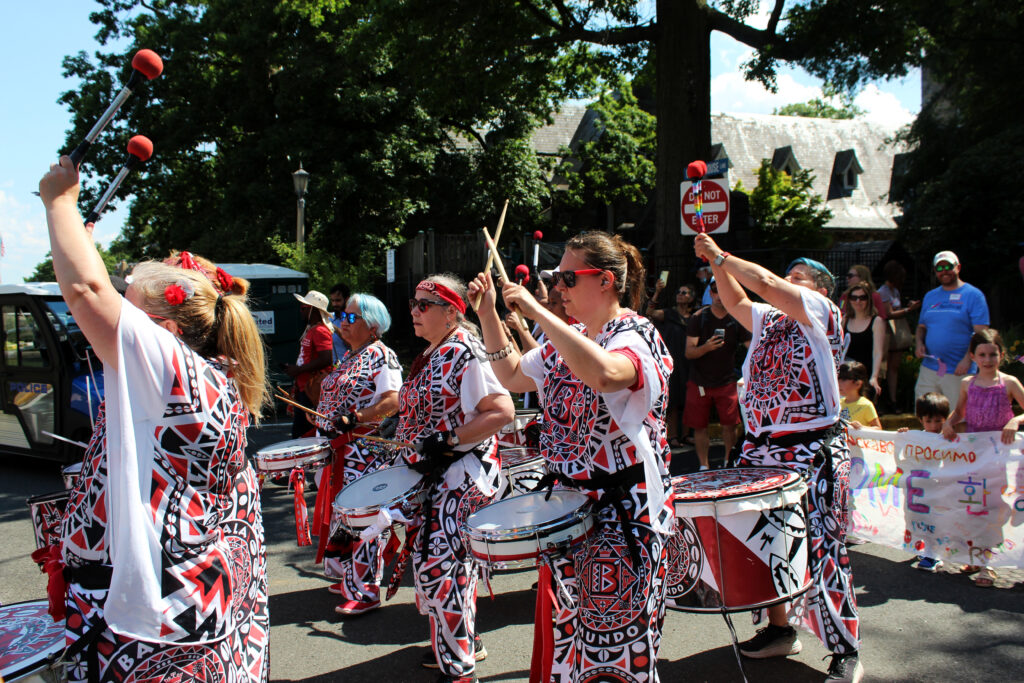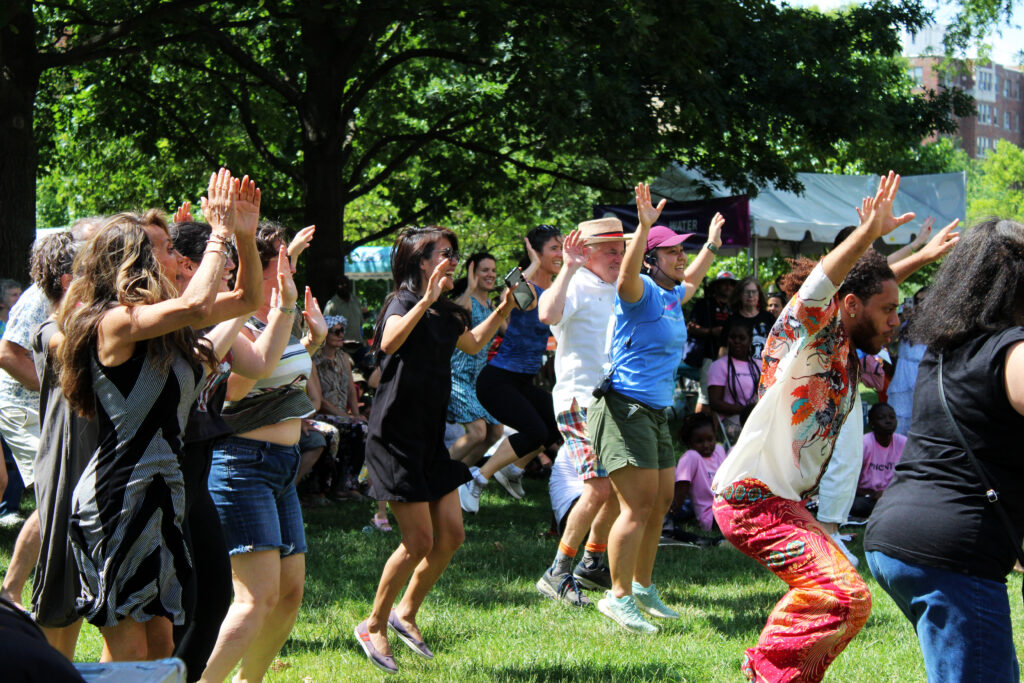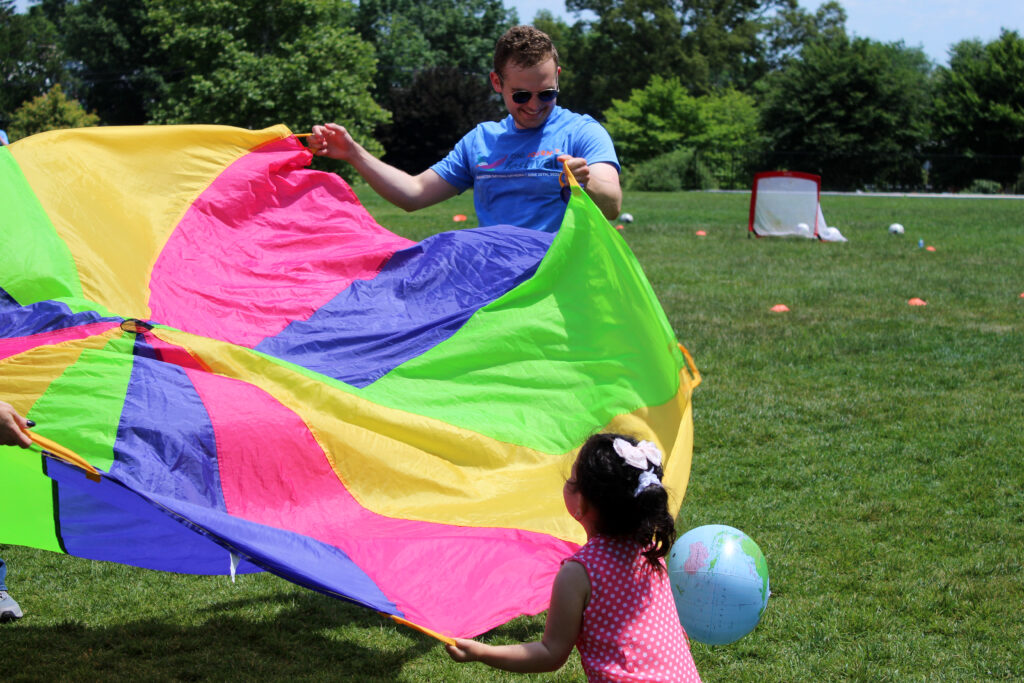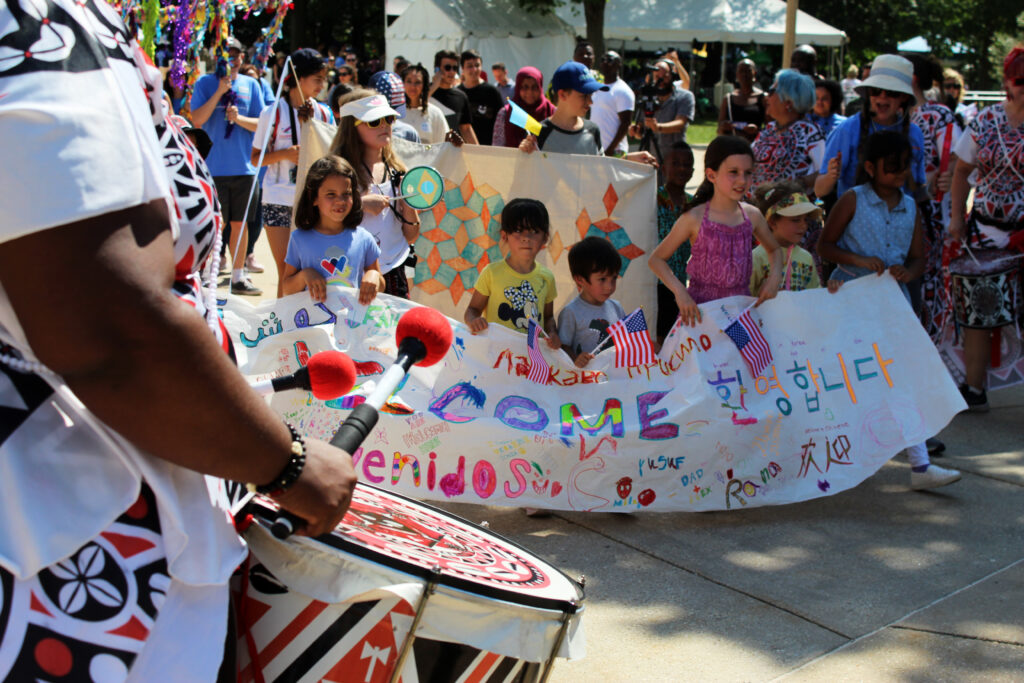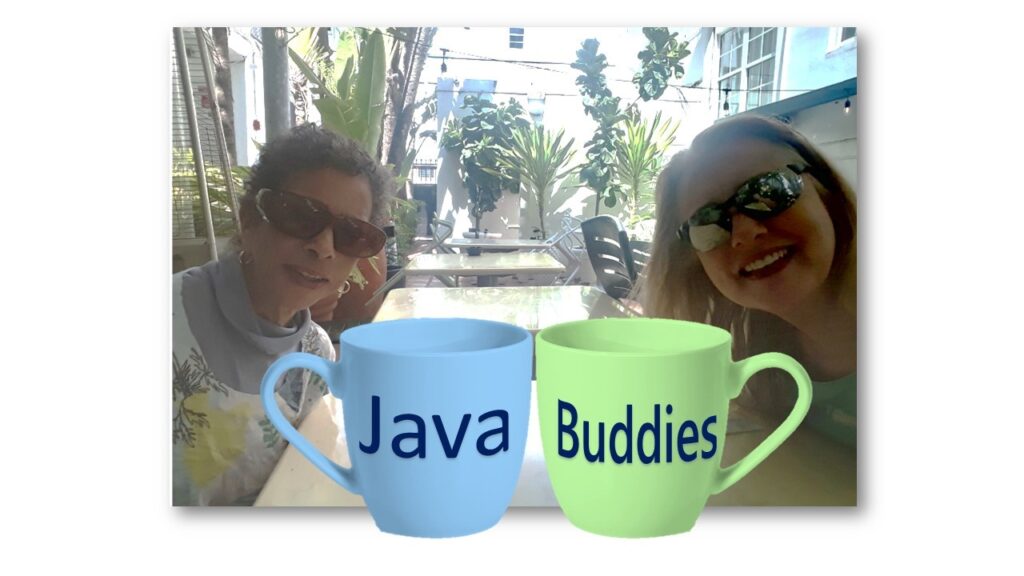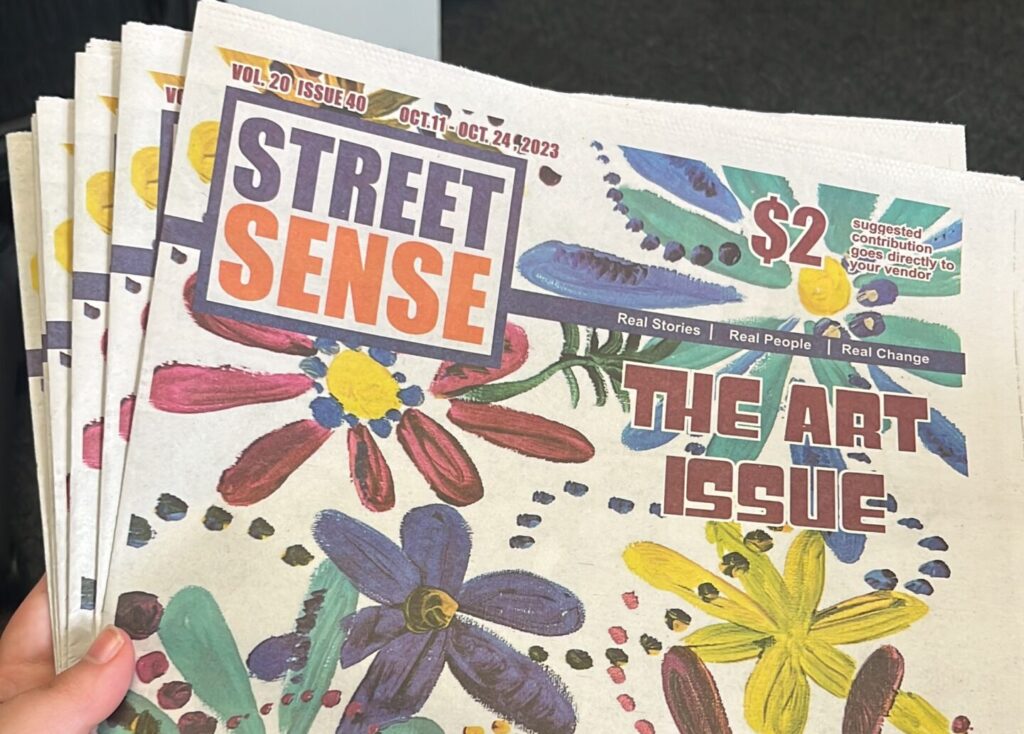As Serbian forces invaded Croatia in 1991, beginning the Croatian War of Independence, the violent conflict forced Vanda Berninger, then in her early 20s, to flee her home.
Berninger was one of the lucky ones — she had the means to start over in Germany.
She enrolled in university, finished her studies and, from her experience as a refugee, decided to join the German Green Party to advocate for others who knew what it was like to flee, to leave everything behind.
After nearly 20 years of promoting comprehensive immigration and refugee policies in Germany, Berninger started over once again, this time in the United States.
In 2015, wars in the Middle East forced more than one million people to seek asylum in European countries. Nearly half of the refugees had been displaced from Syria, Afghanistan and Iraq, according to Pew Research. Thousands of refugees flooded to the U.S. borders, too, as reported by data from the Department of Homeland Security.
At the time, Berninger noticed negative rhetoric about refugees and immigrants in the United States. She met Wendy Chan, who had come to the United States from China when she was 12. Chan shared Berninger’s understanding of what it means to start over in a new country and wanted to help change how refugees and immigrants are perceived in America.
They noticed a stigma around what it means to seek a new life in an unfamiliar country.
“Immigrants and refugees are always seen as poor people who need help. They are poor people who need help and who are in a really horrendous life situation, but they (are) also people,” Berninger said. “They are people with families. They are people with friends. This identity gets lost in the transition.”
Refugees seek resettlement because they have been displaced from their homes, making them “home-less,” Berninger said.
“I think that is also one of the experiences that is not often associated with refugees, but that is a really crucial experience — that you are really suddenly from the full, independent person (to the) person who doesn’t know where to go,” Berninger said.
Berninger and Chan decided to do something to destigmatize what it means to be a refugee and immigrant. In 2017, they cofounded One Journey, a festival celebrating the cultures, food and contributions of refugees and immigrants.
The festival’s name acts as a reminder that people walk many paths through life, but everyone is on the same journey of humanity, Chan said.
This year’s annual One Journey Festival featured music, storytelling, a global marketplace and opportunities for attendees to take action to support refugees in the Washington region on June 25 at the grounds of the National Cathedral.

Many organizations supporting refugees shared their work with festival visitors in the Take Action tent. Safe Haven Space, founded by Egette Indelele in 2021, a former refugee from Burundi, is an organization offering mental health support to people who have been displaced.
“Finding a job and school is important…, but it is also important to take care of yourself mentally and have that education, or that mental health support, once you arrive,” Indelele said.
Speline Irakoze, a festival attendee, approached the Safe Haven Space table and began talking to Indelele. Their conversation brought tears to Irakoze’s eyes. They discovered they were both former refugees from Burundi, had spent time in refugee camps in nearby African countries and both came to the United States in 2006.
“I was actually crying because I don’t think I’ve ever met anyone here in D.C., or anyone here in the DMV area, who were also refugees,” Irakoze said. “And to see that she is making a positive change on the refugee community… was impactful.”

Homes Not Borders, a nonprofit that connects refugees in the D.C. area with furniture, household items and job support, was also present at the festival. Laura Thompson Osuri, executive director of Homes Not Borders, cofounded Street Sense Media in 2003.
Homes Not Borders has worked with refugees facing homelessness. The organization has helped multiple Afghan refugees after they entered the country apart from the airlift, meaning that they faced detainment by immigration officers. The refugees qualified for asylum, so officers released them onto a bus. They had nowhere to go.
The threat of homelessness is one of many challenges refugees face, Noah Klose, the community outreach manager, said, citing the high cost of living in resettlement areas.
Beyond the Take Action tent, the festival featured music from a variety of performers, as well as stories from people who have experienced life as a refugee.
While Jabali Afrika, a Kenyan rock band, performed at the festival, people across the grounds danced along to the music. Joseck Asikoye, cofounder of the band, said music is a great teacher.
“Apart from teaching, music is medicine; music is food; and music can heal, too,” Asikoye said.
Batalá Washington, an all-women Afro-Brazilian drum corps, led the Unity Parade, which featured children marching with a banner they made at the festival that read, “Welcome,” in different languages.
Shared Studios, an organization connecting current refugees with people across the world through technology, allowed attendees to speak live to people at refugee camps in Uganda and Iraq.
“I hope some people challenge themselves to come and experience something new, try some new food, listen to someone speak about their plight as a refugee or as immigrants and be able to find a way to connect,” Dana Lea, marketing and communications volunteer at One Journey, said.
In a world where many people face hardships, Lea said everyone should be able to receive support.
“We have to be able to have a system in place that can successfully resettle people and not just bring them here to make them live in limbo once again,” Lea said.
Through the One Journey Festival, Berninger hopes people learned to relate to the refugee experience.
“Because all of us, at some point in our lives, we needed to find refuge, whatever it is for us — psychological, physical, emotional,” Berninger said. “I would love to (take) the stigma out of that word and it become the beautiful word that it is — to feel safe somewhere again.”
